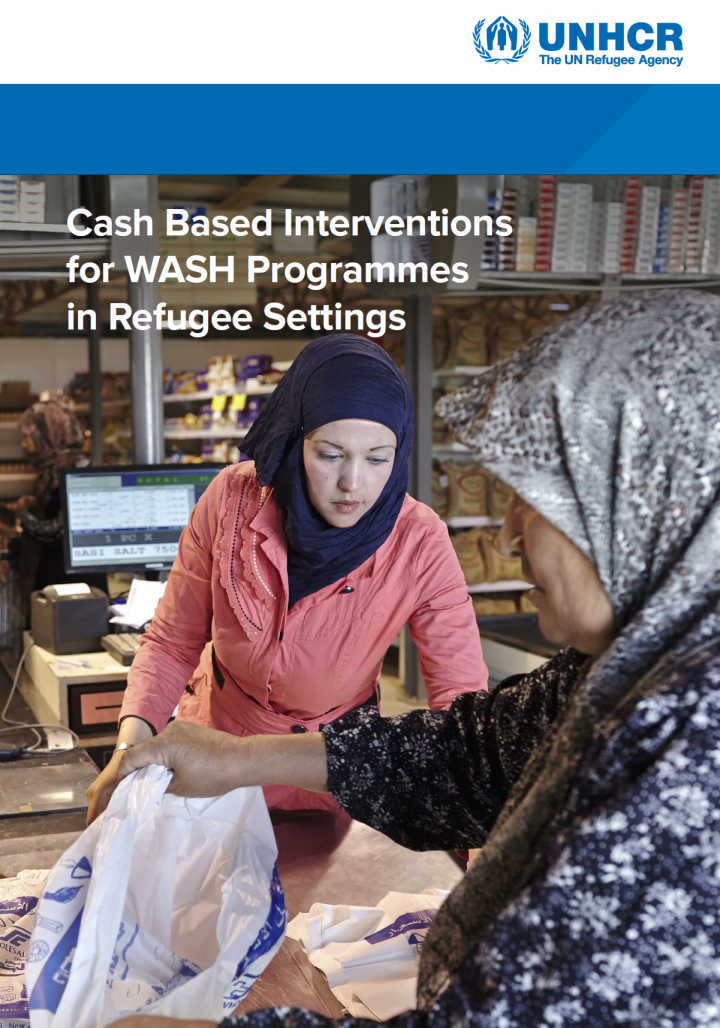
Published in: 2016
Pages: 48
Publisher:
UNHCR
Author:
UNHCR
Uploaded by:
SuSanA Admin
Partner profile:
common upload
1063 Views
9 Downloads
Human rights underpin all aspects of UNHCR’s international protection work and provide a basic normative framework governing UNHCR’s protection and asistance activities, including in support to access water, sanitation and hygiene (WASH) services. UNHCR supports the full implementation by States of their obligations under international and human rights law as provided for, inter alia, in the 1951 Convention relating to the Status of Refugees, The Universal Declaration of Human Rights of 1948 (Article 25) and Articles 11 and 12 of the International Covenant on Economic, Social and Cultural Rights also call for all people, including refugees, to enjoy the right to a standard of living adequate for the health and well-being of himself and of his family. In November 2002, the Committee on Economic, Social and Cultural Rights adopted General Comment No. 15 on the right to water in Article I stating that the human right to water is indispensable for leading a life in human dignity. It is a prerequisite for the realization of other human rights.
UNHCR aims to enable refugees to have safe access to water of sufficient quality and quantity and to improved sanitation and hygiene. The different settings and country context, in which UNHCR operates, determines the type and level of involvement of UNHCR in the support to the provision of WASH services for refugees.
Cash Based Interventions (CBI) are “the provision of money [or vouchers] to individuals or households, either as emergency relief intended to meet their basic needs for food and non-food items, or services, or to [access] assets essential for the recovery of their livelihoods”3. For UNHCR the defining detail of a CBI is that cash or vouchers are given to Persons of Concern (PoC) for them to effect payments themselves. UNHCR underscore the difference between cash and vouchers.
Bibliographic information
UNHCR (2016). Cash Based Interventions for WASH Programmes in Refugee Settings. UNHCR
Filter tags
English














